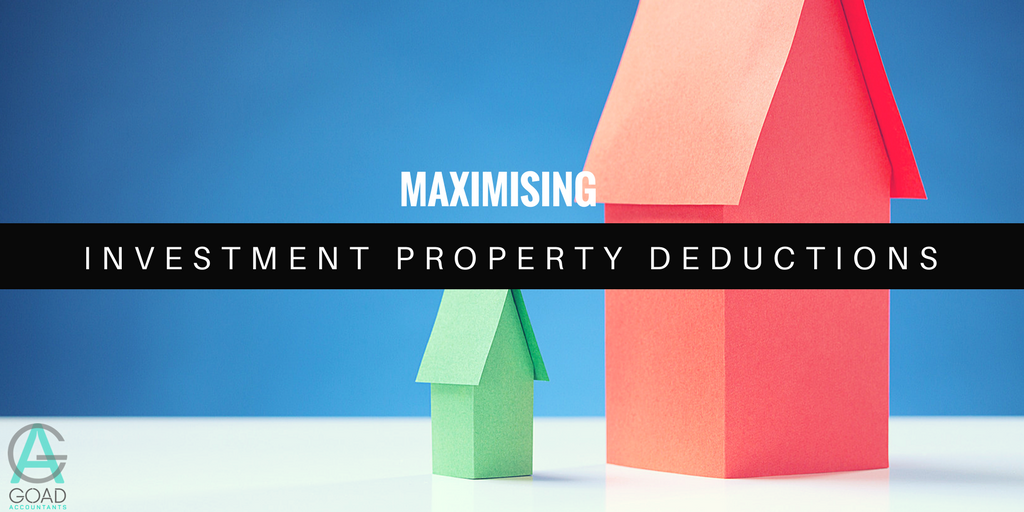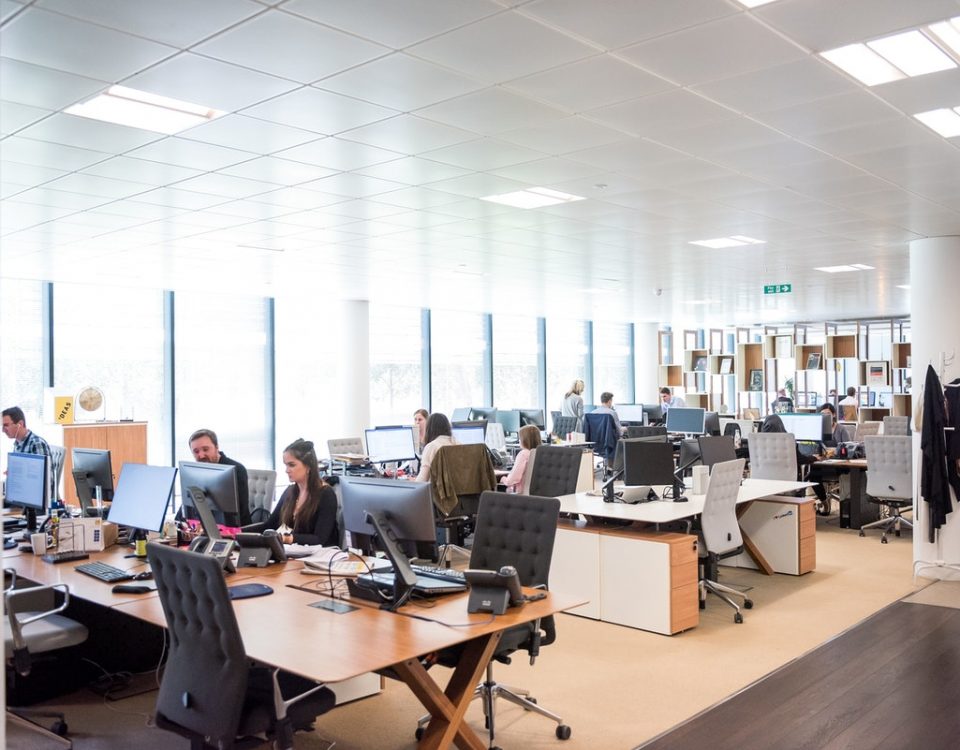Whether you are new to investment properties or just want to refresher on what deductions can be claimed against your rental income, let’s go back to basics & look at what expenses are deductible for your property.
The tax benefit from your property can help make your property cashflow positive, or simply assist with extra cashflow that can be directed to reducing personal debt such as the mortgage on your own home.
What expenses are tax deductible?
- Advertising for tenants
- Agent Management Fees
- Amortisation of borrowing costs over 5 years
- Bank fees on investment loan or rent account
- Body Corporate fees
- Building write-off on construction costs
- Cleaning
- Council Rates
- Depreciation on Plant & Equipment
- Gardening
- Insurance
- Interest on your investment loan
- Letting Fees
- Pest control
- Reasonable travel to property for inspections (not deductible from 1 July 2017)
- Repairs & Maintenance*
- Water Rates
And what expenses are not deductible?
- Borrowing costs & interest expense related to loans against the investment property that has been used for private purposes
- Costs relating to the purchase or sale of the property
- Costs to strata-title a property
- Improvements to the property that are not repairs*
- Those relating to your personal use of the property
- Utilities paid by the tenant
*Repairs
An area given great amount of attention in the past is repairs. Or my accurately, repairs v improvements.
There are some fine distinctions between what are considered repairs and therefore deductible & improvements which are capital in nature.
If you are planning any major repairs to your property before 30 June, its best to understand how they will be treated for tax purposes. Critical factors taken into account are whether you are adding functionality to the area, replacing materials with like materials (e.g. worn carpet with carpet) and whether you are replacing part or whole (e.g. replacing a single kitchen cupboard or installing an entire kitchen). Contact one of our team members to determine how your repairs may be treated for tax.
Record Keeping
The most important aspect of maximising your tax refund as a property investor, is ensuring you keep invoices & receipts for substantiation.
In order to claim tax deductions for expenses and add capital outgoings to your cost base for the property, proper records must be maintained. This involves keeping invoices for expenses, rates & water notices, real estate agent annual & monthly statements and log books or diary entries of trips made to inspect the property.
For the tactile investors out there, record keeping can be as easy as an A4 two-hole binder – it works really well and can be used for multiple properties. Grab some coloured tabs and use a tab for loan statements, expenses and real estate statements as a minimum (you can split them up in more detail if you like but the aim is to ensure you are keeping the documents first). As you receive the mail, hole punch & pop it in straight away.
Record keeping can be as easy as an A4 two-hole binder – it works really well and can be used for multiple properties.
A good strategy for paying property related bills, is to keep all unpaid bills at the front of the folder and once a week grab a coffee or wine and spend 30min paying bills, filing paperwork and generally doing a health check on where your properties are at (tenants, repairs, state of the market).
For those more tech-savvy investors, we recommend keeping records electronically either by replicating the tabs of the A4 folder as ”folders” on OneDrive or your computer, or using the ATO’s mydeductions app. Details of how to install and use can be found here.
If you have more than 2 properties you may want to consider an accounting app like Xero Cashbook. From $10/mth you can have all the property bank and loan accounts** feeding directly into Xero allowing you to allocate expenses and track profitability per property in easy to read reports.
Want to clarify whether a purchase is tax deductible or capital, or need any assistance in setting up a more detailed record keeping system? Contact our team on 07 3849 3816 or hello@goadaccountants.com.au.
Disclaimer: The information contained on this website is general in nature and does not take into account your personal situation. You should consider whether the information is appropriate to your needs, and where appropriate, seek professional advice from a financial adviser. Taxation, legal and other matters referred to on this website are of a general nature only and are based on Goad Accountant’s interpretation of laws existing at the time and should not be relied upon in place of appropriate professional advice. Those laws may change from time to time.
** Please note, not all bank feeds are supported. To see if your bank supports feeds into Xero check out – https://help.xero.com/au/DirectFeeds-AU






